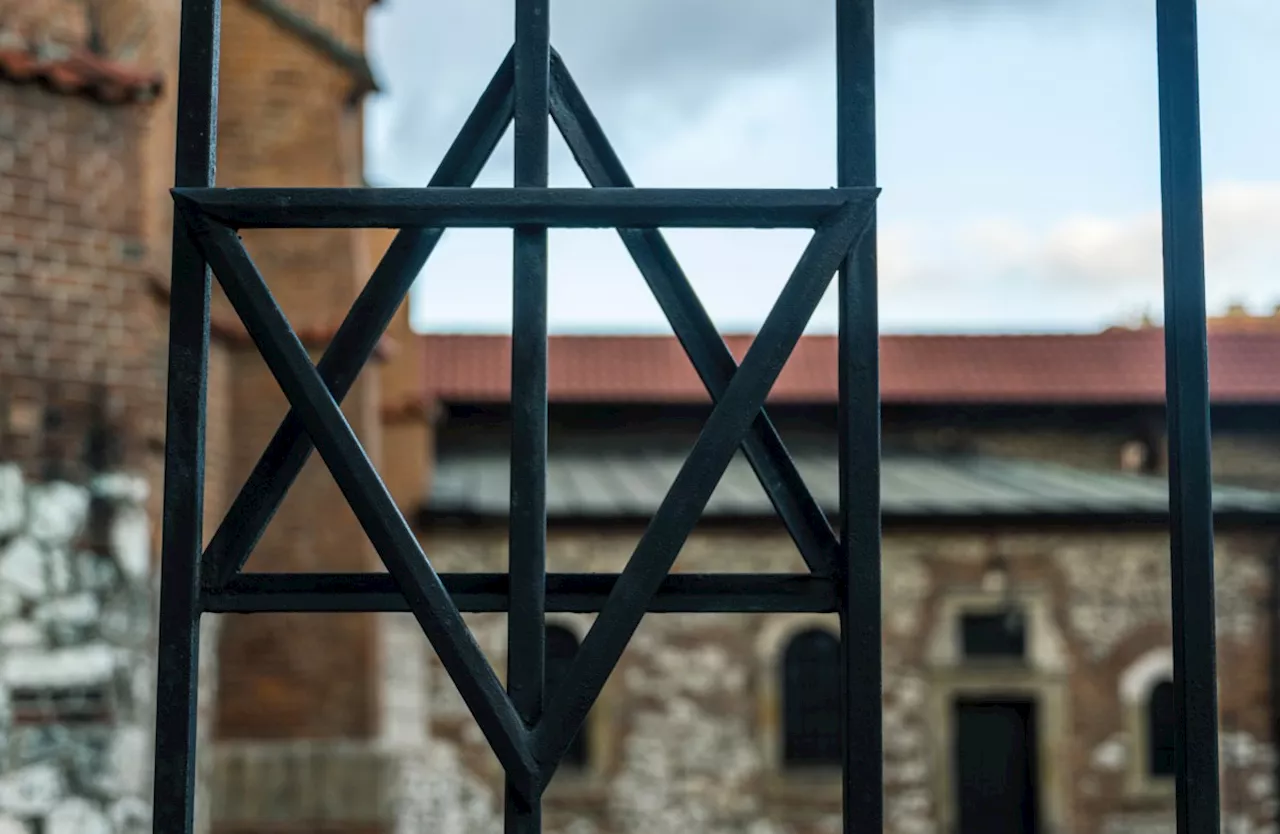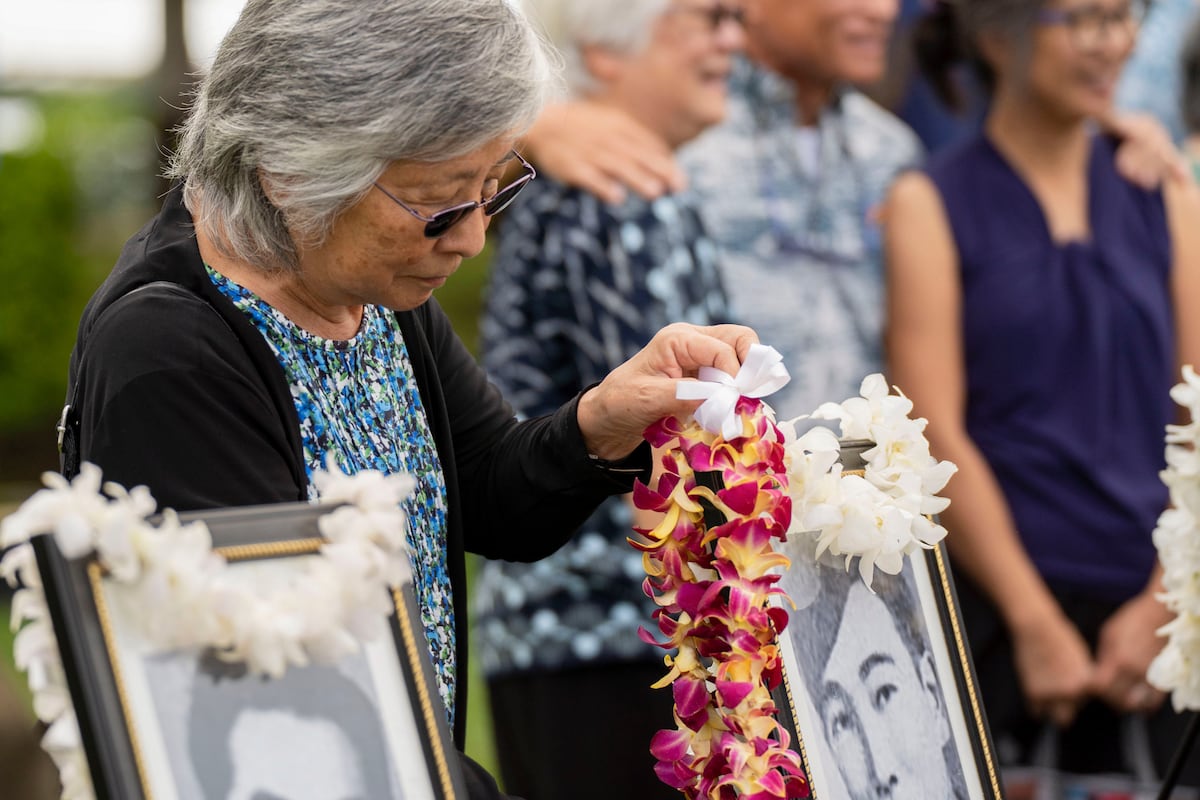
The United Nations General Assembly is convening high-level officials on September 20, 2023, to discuss the long-standing Israeli-Palestinian conflict and promote a two-state solution. This meeting aims to bring together various stakeholders to address the ongoing tensions and seek a resolution that has eluded peace efforts for decades.
The session will be co-chaired by the foreign ministers of France and Saudi Arabia, reflecting a collaborative approach to resolving one of the most complex conflicts in modern history. Notably, Israel and its ally, the United States, have announced their decision to boycott the meeting. This absence raises questions about the potential effectiveness of the discussions and the broader implications for international diplomacy regarding the conflict.
The backdrop of this meeting is marked by escalating violence and political instability in the region. As the world continues to grapple with the humanitarian aspects of the conflict, the General Assembly’s initiative seeks to reinvigorate talks that aim to establish an independent Palestinian state alongside Israel. Key issues on the agenda include borders, security arrangements, and the status of Jerusalem, which have historically been contentious points in negotiations.
The two-state solution has garnered support from numerous countries and organizations over the years, yet tangible progress remains elusive. Many diplomats and experts emphasize that genuine commitment from both the Israeli and Palestinian leadership is crucial for any meaningful advancement. The absence of representatives from Israel and the United States could hinder the possibility of reaching consensus during the assembly.
Global leaders are expected to address various dimensions of the conflict, including the role of international actors in facilitating dialogue. The meeting presents an opportunity for nations sympathetic to the Palestinian cause to express their views and propose frameworks for future negotiations.
While the meeting’s co-chairs are optimistic about fostering a constructive dialogue, the contrasting positions of the participating nations may complicate the discussions. Observers note that the effectiveness of the assembly will depend not only on the agendas set forth by the co-chairs but also on the willingness of involved parties to engage in honest discourse.
In the coming weeks, outcomes from this gathering may shape the international community’s approach to the Israeli-Palestinian conflict. As global attention remains focused on this pivotal issue, the potential for renewed discussions could have significant implications for peace efforts in the region.
The UN’s commitment to promoting a two-state solution highlights the ongoing relevance of international diplomacy in resolving conflicts that impact millions. The assembly’s discussions will be closely monitored, with many hoping for a step forward in a process that has seen numerous setbacks over the years.







